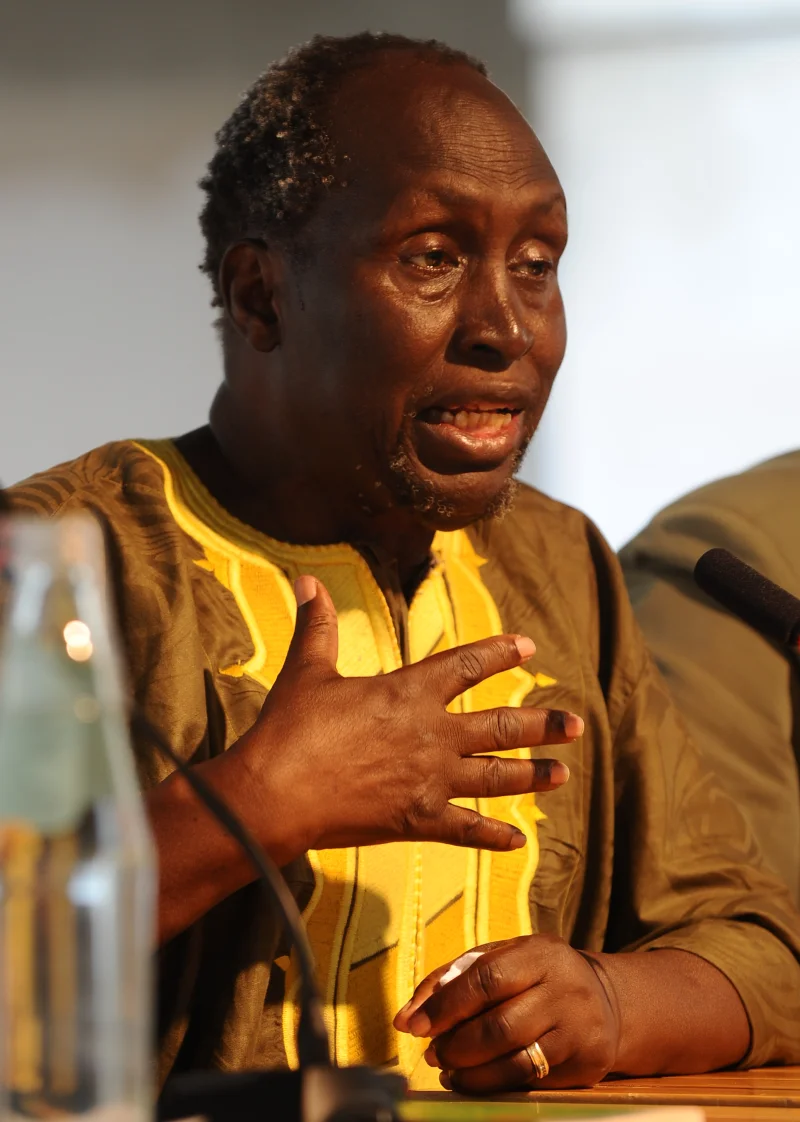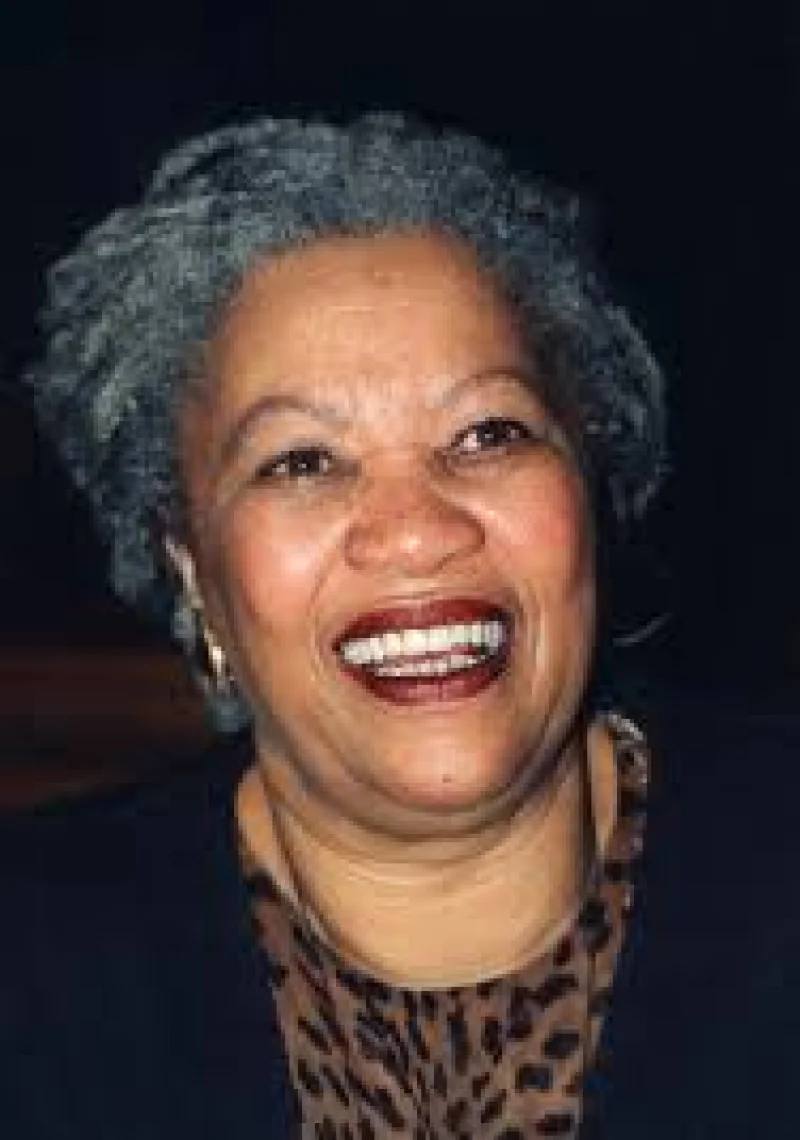Short Summary
Ngũgĩ wa Thiong’o is a renowned Kenyan writer and academic, celebrated for his influential works in literature and advocacy for African languages. He is best known for his novels, plays, and essays that explore themes of colonialism, culture, and identity. Ngũgĩ's commitment to writing in his native Kikuyu language and his critical stance against imperialism have made him a significant figure in African literature and post-colonial studies.
Early Life & Education
Ngũgĩ was born on January 5, 1938, in Kamiriithu, near Limuru in Kenya. He was the fifth child of his father's third wife in a polygamous family. Ngũgĩ's early education took place during the tumultuous period leading up to Kenya's independence, deeply influencing his worldview. He attended Alliance High School, a prestigious institution in Kenya, before pursuing higher education at Makerere University in Uganda, and later at the University of Leeds in the United Kingdom. These educational experiences exposed him to diverse literary influences and political ideas that shaped his future writing and activism.
Career Highlights
Ngũgĩ's literary career began in the 1960s with the publication of "Weep Not, Child," the first English novel by an East African author. He became a key figure in the African Writers Series, a publishing platform for African authors. In the 1970s, he abandoned English to write in Kikuyu, emphasizing the importance of language in cultural identity. His political activism, particularly against the Kenyan government, led to imprisonment and eventually self-imposed exile. Ngũgĩ's works, such as "Petals of Blood" and "Decolonising the Mind," have been influential in discussions on language, power, and post-colonial identity.
Major Achievements
- Published "Weep Not, Child," the first English novel by an East African author, in 1964.
- Authored "Decolonising the Mind," a seminal essay collection on language and imperialism, in 1986.
- Pioneered writing in Kikuyu, advocating for African languages in literature.
- Established the Kamiriithu Community Education and Cultural Centre, promoting indigenous arts and education.
Famous Quotes
- "Language is the most important vehicle through which that power fascinates and captures the soul."
- "Any writer who tries to depict a society that is not his own is bound to make a mess of it."
Interesting Facts
- Ngũgĩ changed his name from James Ngugi to Ngũgĩ wa Thiong’o as a rejection of colonial naming conventions.
- He was detained without trial by the Kenyan government in 1977 due to his political activism.
- His novel "The Devil on the Cross" was written on toilet paper during his imprisonment.
- Ngũgĩ is a Distinguished Professor of English and Comparative Literature at the University of California, Irvine.
Legacy / Influence
Ngũgĩ wa Thiong’o's work has profoundly influenced African literature and post-colonial discourse. His advocacy for writing in indigenous languages has inspired many African writers to embrace their native tongues. His critical examinations of colonialism and cultural identity continue to be pivotal in academic and literary circles worldwide. Ngũgĩ's legacy is one of resistance against cultural imperialism and a celebration of African heritage.
FAQ
Q: Why is Ngũgĩ wa Thiong’o famous?
A: He is famous for his literary contributions and advocacy for African languages and cultural identity.
Q: What was Ngũgĩ wa Thiong’o's first novel?
A: His first novel was "Weep Not, Child," published in 1964.
Q: Why did Ngũgĩ wa Thiong’o write in Kikuyu?
A: He wrote in Kikuyu to emphasize the importance of language in cultural identity and resist colonial influence.
Q: Where is Ngũgĩ wa Thiong’o currently teaching?
A: He is a Distinguished Professor at the University of California, Irvine.









